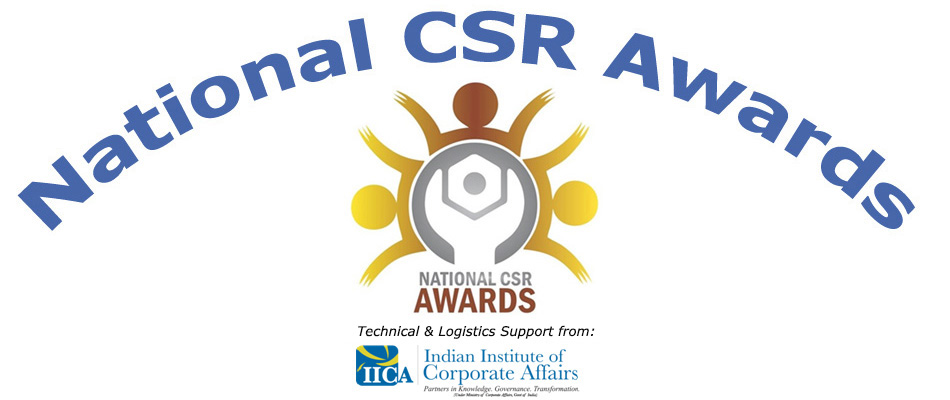Money allows us to beat the unforeseen bumps on the road. However, if we only focus on the happiness that moolah can bring, we could be missing something, writes Vickram Sethi
Money, money, money
Always sunny
It’s a rich man’s world
All the things I could do
If I had a little money…
– ABBA
Ever since the human race understood and created money, it also created people who had money and those who didn’t. The debate whether money can buy happiness or not started then and it will continue till the end of the world. The sage, the philosopher and the wise man all maintain that money cannot buy happiness.
The fact is that money can’t buy happiness is generally a well-accepted notion. Yet, the reality is that we need money for living and how we spend it will maximise our happiness. Being rich isn’t necessarily the path to happiness. Money is important to happiness ask anyone who doesn’t have it.
Those of us who earn too little may be unhappy but so are those who earn too much. In fact, having a lot of money is the root cause of unhappiness. Money can bring us happiness when it is spent on experiences rather than on things.
The experience of buying an underprivileged child candy or feeding the underprivileged or even eating a great meal gives a lot of satisfaction than buying an expensive accessory or gadget. The difference is once the accessory/ gadget is bought the happiness graph slowly dips. Sometimes happiness lies in anticipation of making the purchase rather than the outcome of spending money on the purchase. The seven days before the lottery draw are days of happy expectation and the best returns on the investment.
Most people assume that things will lead to more happiness than experiences. Physical objects such as the latest iPhone, handbag or car last longer than going to a play, taking a cooking class or going on a vacation. Buying things does make us happy at least in the short term. In the longer term however, we graduate to new things and even though they may have made us excited and happy at first. Eventually, the item becomes the new normal and fades into the background.
The happiness that comes from buying experiences tends to increase overtime. One reason is that we often share our experiences with friends. While we may be still driving the new car, you would be telling your friends about the time when you took the kids to Disney World. It’s a memory that keeps growing warmer with time.

In richer nations, people usually buy more products and services and if consumption were to make people happier, one could expect people to be happier in wealthy countries. This is not necessarily so. In fact, when people are lacking something in their lives they try and replace it with materials possessions, this often fails as people usually misjudge what will make them happy. One could get a temporary boost from a particular purchase but the pleasure tends to fade with time.

A few years ago I went to Bhutan—it’s a small Himalayan kingdom famed for basing all its national policy decisions on happiness. Quite the destination, quite the journey. I arrived feeling short of breath a severe headache, mountain sickness yet once I got there the landscape, the bridges covered in flags with hills in the background. The Paro River, a monastery with a thousand young, adolescent and adult monks playing football and running around. I hesitantly asked my guide what where the consequences of so many young males living together? Homosexuality? The guide said it was taboo. Unconvinced I was. I didn’t pursue matter further. We were staying in the Uma Paro Hotel, eight of us were the only people in the dining room. Suddenly, there was a great flutter and we were told that Richard Gere– yes, the Richard Gere – would be arriving in the dining room in the next 20 minutes and sure enough the man did turn up! After he was seated, four women from our group went up to him and asked if they could take a selfie with him. No, said he, “I am tired.” The disappointment almost turned the dessert bitter, and the women said various things but the conclusion was, it’s ok, he doesn’t matter, our happiness does not depend on him.
The next day the taxi driver didn’t turn up, it was a holiday and he wanted to be happy. In Bhutan, even a hotel lobby manager can give a discourse on happiness.
So can money buy happiness depends on how you spend it? Happiness is a loving family, great friends, a good meal, good health and a decent sum of money. What constitutes a decent sum of money is a sweet spot that varies from person to person. Yet money in moderation appears to promote most happiness. Perhaps it is not how much money we have but also how we value and spend it. What is clear is that having more money beyond the point of meeting basic needs is inconsequential, when compared with a good quality relationships looking after our mental and physical health living meaningfully in line with our beliefs and values. Yet sadly this things often get sacrificed in pursuit of more.
Money can buy happiness, reveals a new study by Nobel-prize winning economist. The research conducted by Daniel Kahneman and Matthew Killingsworth from Princeton University and the University of Pennsylvania respectively found that happiness tends to rise with increase in income and earnings. However, Killingsworth warned in a statement that money isn’t everything. It’s “kust one of the many determinants of happiness. Money is not the secret to happiness, but it can probably help a bit.” Here again it is a probable whether money can buy happiness. Killingsworth concludes that it is one of many things that can make people happy.
When we wonder whether money can buy happiness, we may consider the luxuries it provides, like expensive dinners and lavish vacations. But cash is key in another important way: It helps people avoid many of the day-to-day hassles that cause stress as the new research shows.
Money can provide calm and control, allowing us to buy our way out of unforeseen bumps on the road. However, if we only focus on the happiness that money can bring, I think we are missing something. It also can free us from many other worries. Money reduces intense stress, also allows an individual greater control over negative events, higher incomes lead to a higher life satisfaction. People with higher incomes are generally more satisfied with their life. It’s not as if the rich don’t have any problems but having money allows you to take care of lot of things and resolve them quicker.
It’s strange that some of the very wealthy can only spend money on themselves and not on others. A recent survey has found that India’s rich are stingy. India ranked 106th in a survey of 145 countries and last among the eight countries included from South Asia, according to the World Giving Index, a study based on surveys carried out by Gallup.
India is poor but so is Myanmar, which ranked the highest in the world for generosity. The US is second, New Zealand third, Canada fourth and Australia fifth. The next five most generous countries are the UK, Netherlands, Sri Lanka, Ireland and Malaysia.

The Government of India has made it mandatory for companies to spend on charity under the heading Corporate Social Responsibility. It’s also a fact that many affluent Indians like to give only when it is going to be publicly acknowledged – in the papers, in photographs, by public gratitude. They love being praised while simulating embarrassment. Yet, a few business groups continue to support good causes on regular basis without the fanfare and the tinsel. The culture of corporate philanthropy though has still to grow in India.
In India, religiosity across the various cultures and diverse societies help us believe that we are in a situation that GOD ordained for us and this is our Karma. The joy of giving makes us feel good about ourselves. Majority of middle-class Indians also believe in giving to the poor. The beggar who stretches his hand out will not go empty handed. A fair amount of households support poor relatives. When they have just about enough for themselves.
Religion is a calming factor and plays a definite role in happiness and life satisfaction. Governments can play an important role in making people happy. Different nations have different issues similarly happiness can mean different things to different people. There are some fundamental uniting principals that make us more likely to feel happy or unhappy.
The sage Kabir sums it up very nicely – “Sai Itna mujhe dijiyo jisme kutumb samaye, mai bhi bhuka na rahu aur fakir bhi bhuka na jaye”. Oh God, give me enough that I can feed my family and that there is also enough to feed to the beggar that comes to the door. This probably is the philosophy of middle class India that survives on just about enough.









In the last para, the Author translates the word ‘Sadhu’ and ‘Fakir’ as “beggar.” This is totally wrong. Sadhus and fakirs do beg but that is just for survival so that they can pursue their religious / spiritual calling. A beggar begs because that his profession.
Comments are closed.